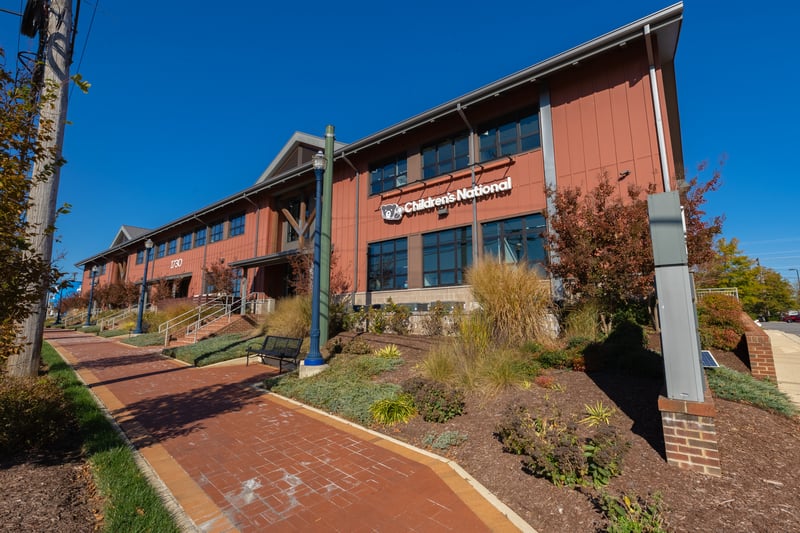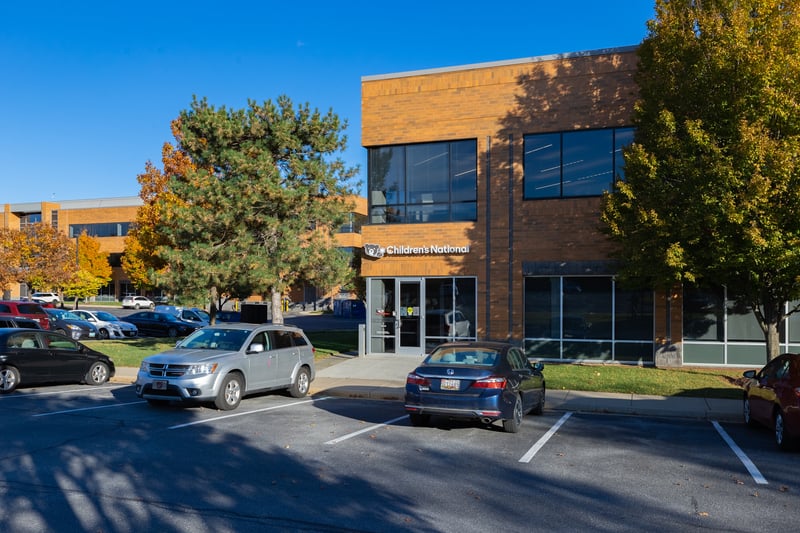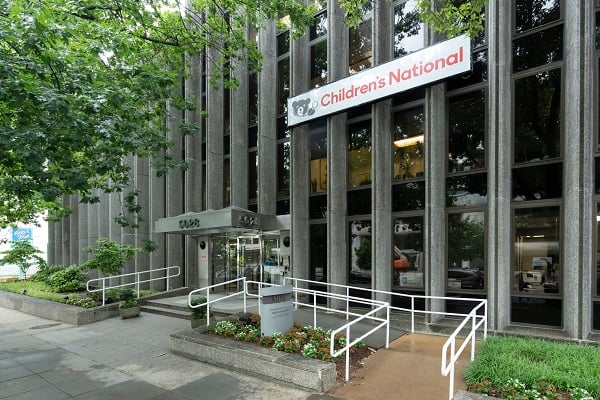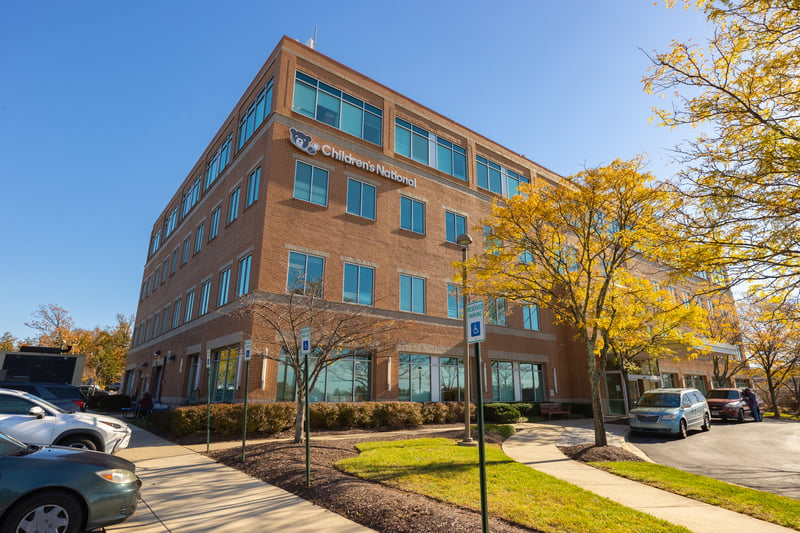
Inflammatory Bowel Disease Program

Inflammatory bowel disease, or IBD, is a chronic inflammatory disease of the digestive tract. IBD includes several conditions:
- Crohn's disease
- Ulcerative colitis
- Indeterminate colitis
Our Providers
Our pediatric specialists provide personalized care for your child’s physical, mental and emotional health needs.
Contact Information
For appointments, please call 1-888-884-BEAR (2327) and for information, call 202-476-3032.
IBD can be painful and may severely affect your child’s quality of life. IBD can be successfully treated with medication, nutrition therapy and occasionally surgery, but there is currently no cure for the disease. The goal of IBD treatment is to induce and maintain remission. This is defined in part by a healed intestine, but also with a goal of improved quality of life and return to normal functioning.
Choosing Children’s National for Inflammatory Bowel Disease Care
When your child has IBD, it affects their physical and emotional health. The Children’s National IBD Program takes a holistic approach to care, offering comprehensive services to help your child feel better and enjoy daily activities, including sports, friends and school.
We provide the expertise and experience of a large program, with the individualized attention and care that is often only attainable in a smaller practice.
Features of Our IBD Program
Experienced Physicians
Full Spectrum of Care
Child-Centered Care
Nutrition and Development
Collaboration with Autism Behavioral Consult Team
Experienced Surgeons
Community Involvement
Treatments
Conditions We Treat
Understanding your child's condition is an important step on your treatment journey. Learn more about causes, symptoms and diagnosis for a variety of conditions, as well as unique treatments and research being performed at Children's National.
Family Resources
Age-Appropriate Education
Education starts at the time of diagnosis, involving both the child and family. Your child remains in our care even when he or she is no longer a “child.” Our patient education, from diagnosis to adult transition, focuses on:
- Understanding the disease
- Understanding medications, including dosages and how to have prescriptions filled
- Finding a doctor at college or in a new city
- Understanding symptoms and when to call a doctor
- Optimizing nutrition
- Managing emotions that often accompany life with a chronic disease
- Providing support and navigation through difficult work and school situations
Visual Resources to Prepare for a Visit
Our Autism Behavioral Consult team has compiled visual resources that any family can review with their child to make them more comfortable before all types of doctor's visits.
Amenities
Read about our cafeteria, gift shop, laundry facilities and other amenities available during your child's hospitalization.













